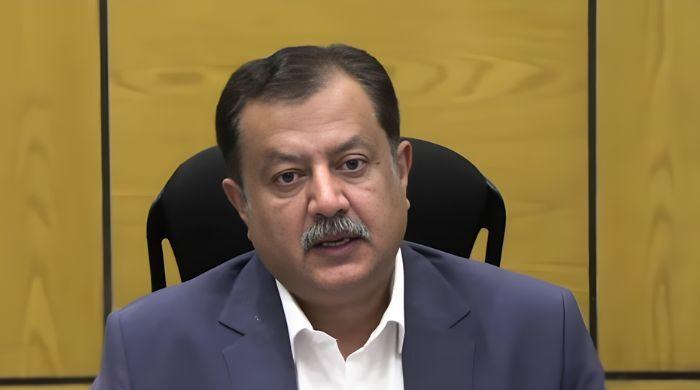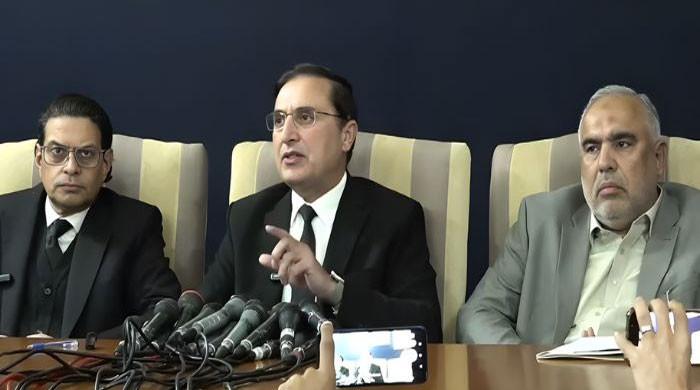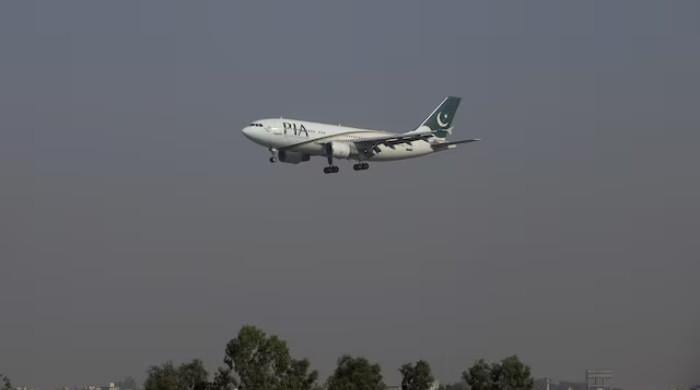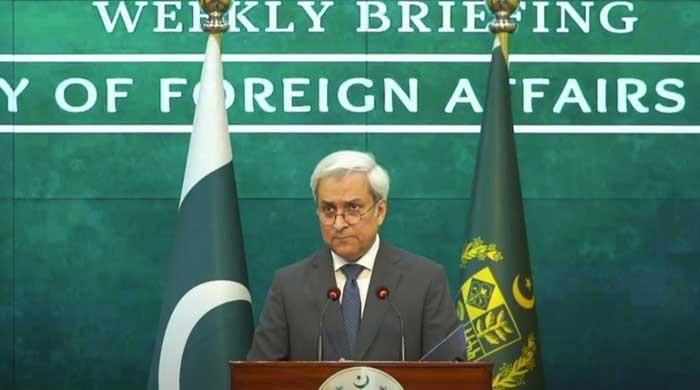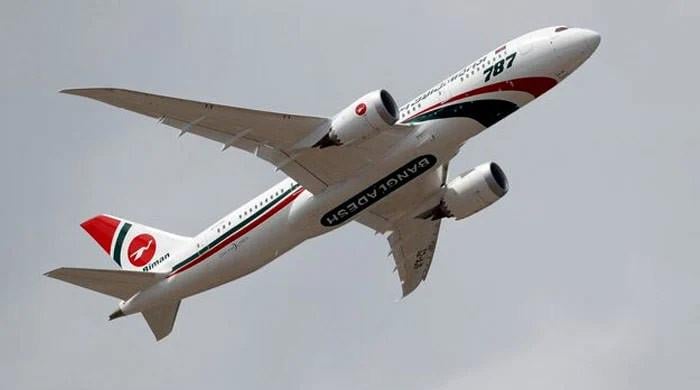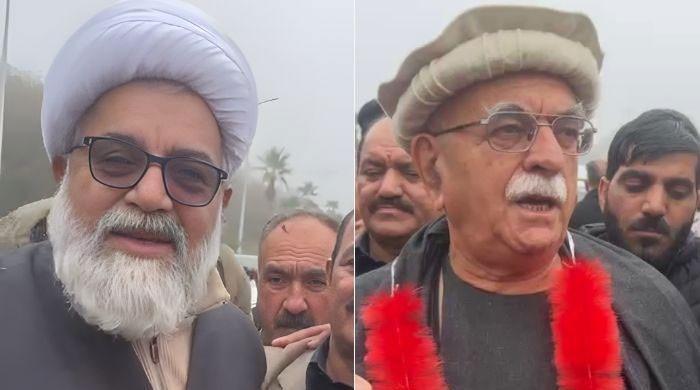SHC declares sugar inquiry commission report illegal, directs fresh probe
Verdict was issued in a petition filed by sugar mill owners challenging the report on increase in sugar prices
August 17, 2020
The Sindh High Court (SHC) on Monday declared the Sugar Inquiry Commission report — regarding the increase in the sugar prices across the country — null and void, directing the FBR, FIA and NAB to launch a fresh investigation into the matter.
The written verdict was issued by the SHC on a petition filed by the sugar mill owners on the government-led commission on sugar price hike that took place earlier this year. The verdict was issued by a two-member bench comprising Justice Muhammad Karim Khan Agha and Justice Omar Sial.
The court also directed the FBR, FIA and NAB to include in the investigation people who had knowledge about the sugar industry. The bench urged the institutions to find out if anyone was given "illegal or unjust subsidy".
The court directed NAB, the FIA and FBR to carry out fresh investigations as per the law. The court ordered NAB to carry out an independent investigation according in line with the NAB Ordinance.
“If any government official has misused his powers, it should be investigated,” said the SHC. It also asked the FBR to investigate the matter according to the country's tax laws.
“FIA should also ignore the sugar inquiry commission report and re-investigate [the increase in prices],” directed the court in the verdict. It also issued the same orders to the Securities & Exchange Commission of Pakistan (SECP) and the State Bank of Pakistan (SBP).
The court also sent the verdict to the governor SBP, Chairman NAB and DG FIA.
Sugar mills owner challenge sugar inquiry commission report
The sugar inquiry commission report has been already rejected by the main opposition party PML-N. Meanwhile, the government has repeated multiple times that it will hold everyone accused of benefiting from the hike in sugar prices accountable.
Soon after the report surfaced, sugar mill owners challenged the commission's finding in the Sindh and Islamabad high courts to stop the government from taking action against them.
On the filing of the petition, the SHC had halted the operation of the report to the extent of 12 sugar mills. The federal government, however, through the office of the attorney general of Pakistan, had moved the apex court, praying to grant leave to appeal.
Last month, the Supreme Court rejected the plea of the federal government seeking suspension of the SHC order that had halted the operation of the recommendations of the report.
While the Supreme Court rejected the plea of the federal government and referred the matter to a three-member bench with the observation that the instant matter will be decided on merit and adjourned it till further hearing.
The bench later recalled the stay and directed both the SHC and the IHC to decide on the legal proceedings pending before them within three weeks.
'Damning revelations in Sugar Inquiry Commission's report'
The Sugar Inquiry Commission report had laid bare some startling revelations about how the price of sugar is fixed, how exports of the commodity are faked to avail rebates on sales taxes, and how billions of rupees are overcharged by sugar mills owners.
According to sources, the report mentioned in depth how the amount of sugar exported to Afghanistan is routinely inflated to show as if 75 tonnes of the commodity were being exported per truck.
However, this is barely possible, given that the maximum capacity of a truck, even when overloaded, does not exceed 30 tonnes.
The scam also seemingly has another purpose: laundering money. If sugar is being exported to Afghanistan, the payment should also be coming in from the same country.
However, it was found by the commission that many sugar mill owners were receiving telegraphic transfers for payments for sugar sold to Afghanistan from the US and Dubai, therefore seemingly whitening money and earning dollars at the same time.
Another important finding highlighted in the report is that sugar mills paid an estimated Rs22bn in taxes to the Government of Pakistan, but out of that total amount, Rs12bn was reclaimed in rebates. Hence, the net contribution was close to around Rs10bn.




